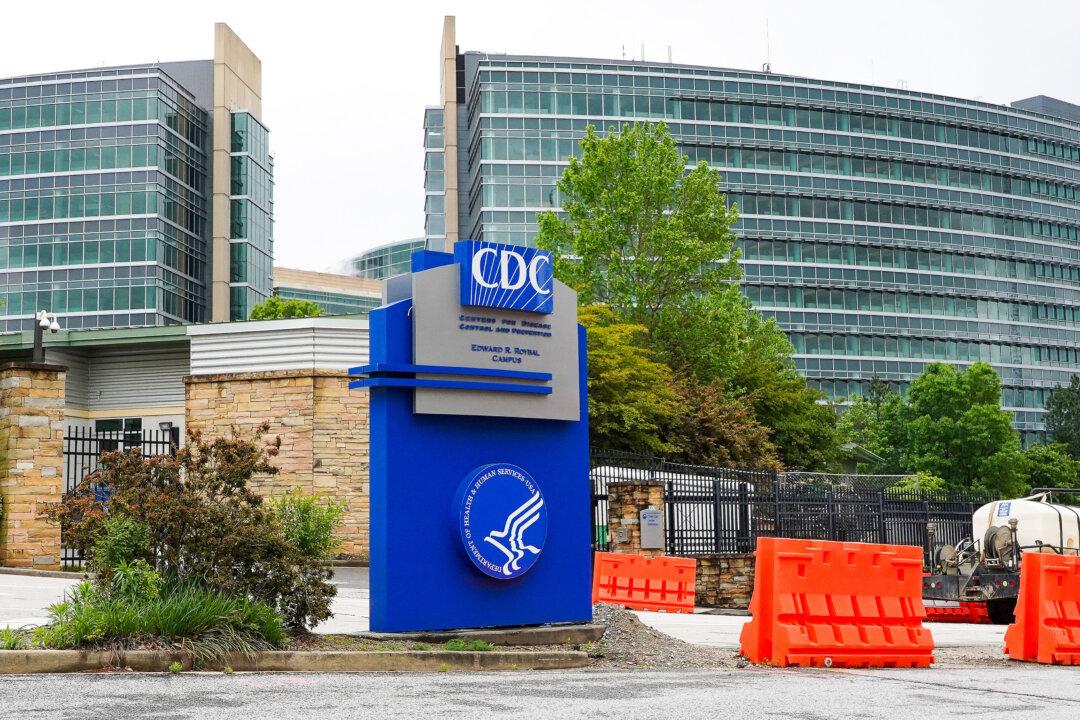The U.S. Centers for Disease Control and Prevention (CDC) issued a health alert on Thursday about the emergency of a more severe sub-variant of the monkeypox, or mpox, virus.
The CDC issued an alert about the possibility of a subtype of the mpox virus called Clade I in travelers who have been in the Democratic Republic of Congo, adding that the clade is generally more infectious and leads to more severe infections than another subtype called Clade II.





